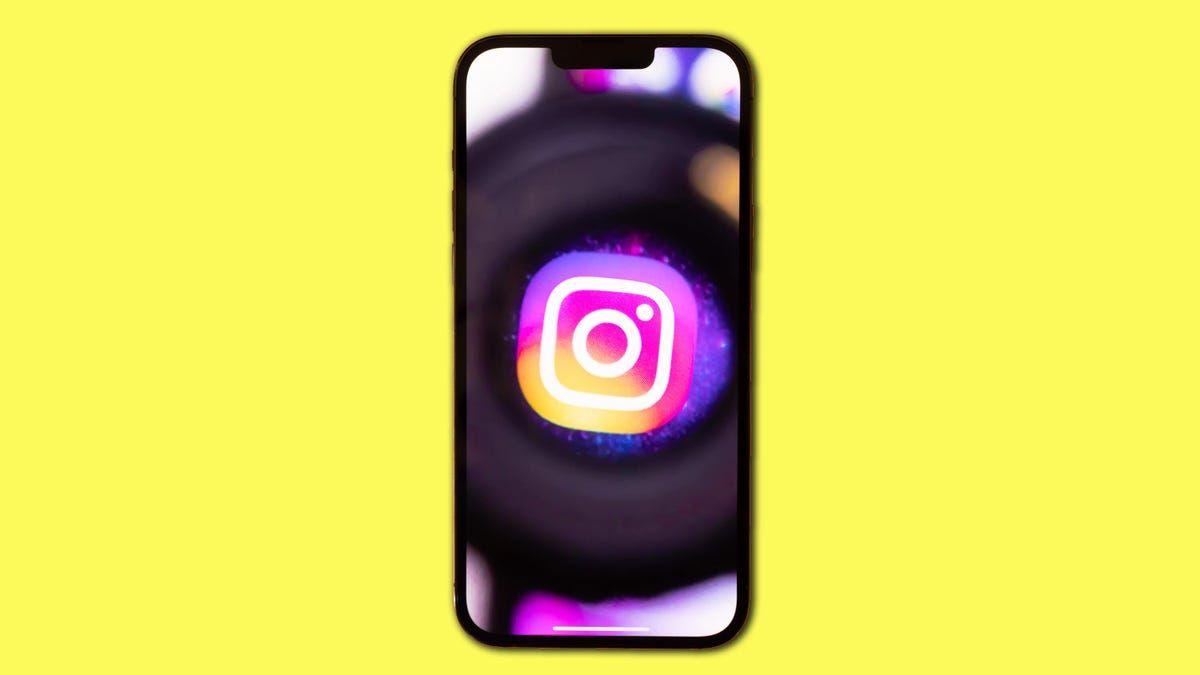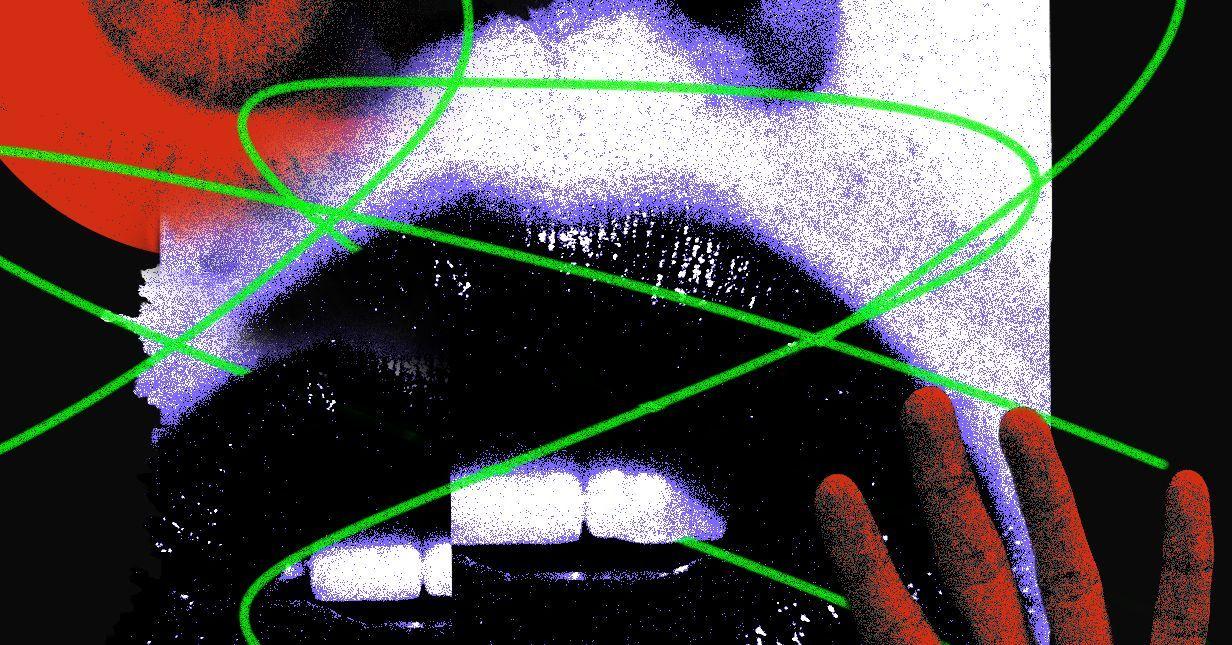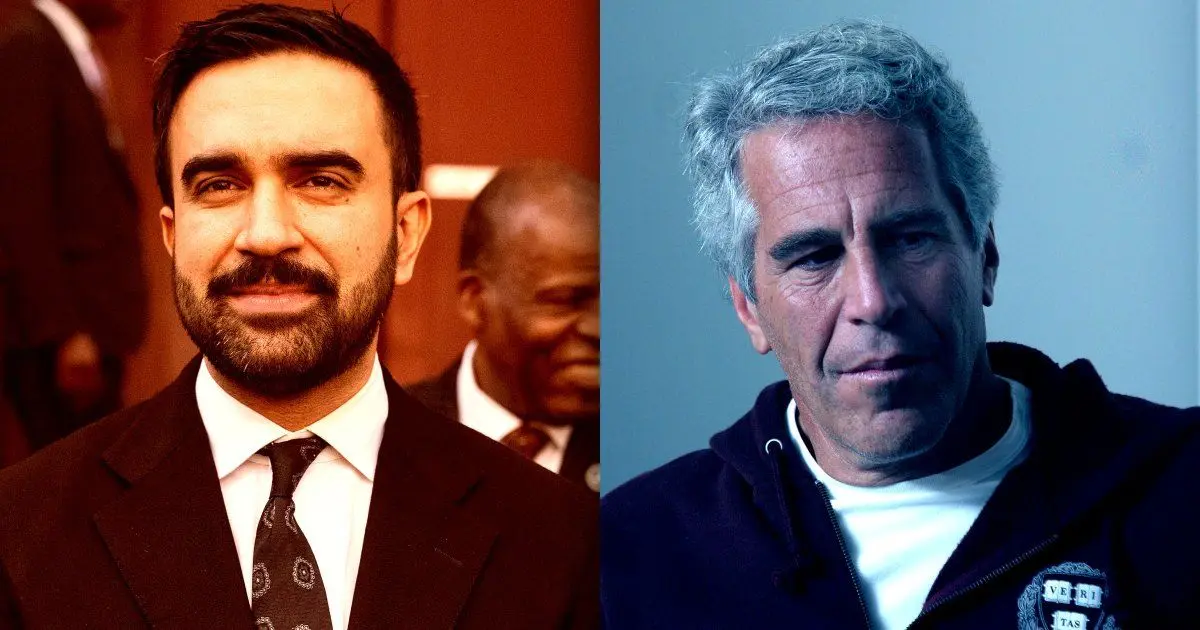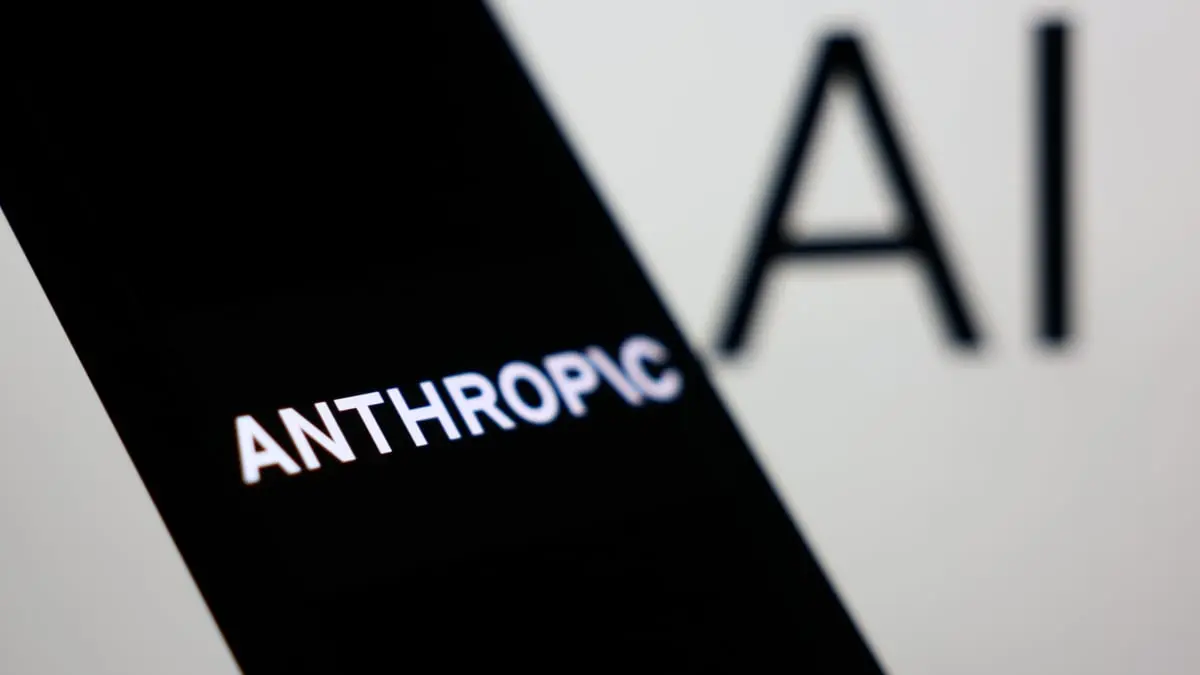AI-Generated Influencers Flood Instagram, Threatening Human Content Creators
2 Sources
2 Sources
[1]
Inside the Booming 'AI Pimping' Industry
AI-generated influencers based on stolen images of real-life adult content creators are flooding social media. Instagram is flooded with hundreds of AI-generated influencers who are stealing videos from real models and adult content creators, giving them AI-generated faces, and monetizing their bodies with links to dating sites, Patreon, OnlyFans competitors, and various AI apps. The practice, first reported by 404 Media in April, has since exploded in popularity, showing that Instagram is unable or unwilling to stop the flood of AI-generated content on its platform and protect the human creators on Instagram who say they are now competing with AI content in a way that is impacting their ability to make a living. According to our review of more than 1,000 AI-generated Instagram accounts, Discord channels where the people who make this content share tips and discuss strategy, and several guides that explain how to make money by "AI pimping," it is now trivially easy to make these accounts and monetize them using an assortment of off-the-shelf AI tools and apps. Some of these apps are hosted on the Apple App and Google Play Stores. Our investigation shows that what was once a niche problem on the platform has industrialized in scale, and it shows what social media may become in the near future: a space where AI-generated content eclipses that of humans. Elaina St James, an adult content creator who promotes her work on Instagram, said she and other adult content creators are now directly competing with these AI rip-off accounts, many of which use photographs and videos stolen from adult content creators and Instagram models. She said that while there may be other changes to Instagram's algorithm that could have contributed to this, since the explosion of AI-generated influencer accounts on Instagram her "reach went down tremendously," from a typical 1 million to 5 million views a month to not cracking a million in the last 10 months, and sometimes coming in under 500,000 views. "This is probably one of the reasons my views are going down," St James told us in an interview. "It's because I'm competing with something that's unnatural." Alexios Mantzarlis, the director of the security, trust, and safety initiative at Cornell Tech and formerly principal of trust and safety intelligence at Google, compiled a list of around 900 accounts that 404 Media reviewed in its investigation. Mantzarlis, who stumbled on one of these accounts while casually using Instagram, said he started researching the AI-generated influencer accounts because it might show us where AI-generated content is taking social media and the internet more broadly, where he sees a "a rising blended unreality." Mantzarlis believes he could have easily found 900 more accounts and that the only reason he didn't get more is that Instagram restricted the account he used to scrape the platform.
[2]
Inside the Booming 'AI Pimping' Industry
AI-generated influencers that steal content from human models and adult content creators have taken over Instagram. Instagram is flooded with hundreds of AI-generated influencers who are stealing videos from real models and adult content creators, giving them AI-generated faces, and monetizing their bodies with links to dating sites, Patreon, OnlyFans competitors, and various AI apps. The practice, first reported by 404 Media in April, has since exploded in popularity, showing Instagram is unable or unwilling to stop the flood of AI-generated content on its platform and protect the human creators on Instagram who say they are now competing with AI content in a way that is impacting their ability to make a living. According to our review of more than 1,000 AI-generated Instagram accounts, Discord channels where the people who make this content share tips and discuss strategy, and several guides that explain how to make money by "AI pimping," it is now trivially easy to make these accounts and monetize them using an assortment of off-the-shelf AI tools and apps. Some of these apps are hosted on the Apple App and Google Play Stores. Our investigation shows that what was once a niche problem on the platform has industrialized in scale, and shows what social media may become in the near future: a space where AI-generated content eclipses that of humans. Elaina St James, an adult content creator who promotes her work on Instagram, said she and other adult content creators are now directly competing with these AI rip-off accounts, many of which use photographs and videos stolen from adult content creators and Instagram models. She said that while there may be other changes to Instagram's algorithm that could have contributed to this, since the explosion of AI-generated influencer accounts on Instagram her "reach went down tremendously," from an average of one to 5 million views a month to not cracking a million in the last 10 months, and sometimes coming in under 500,000 views. "This is probably one of the reasons my views are going down," St James told us in an interview. "It's because I'm competing with something that's unnatural." Alexios Mantzarlis, the director of the security, trust, and safety initiative at Cornell Tech and formerly principal of Trust & Safety Intelligence at Google, compiled a list of around 900 accounts 404 Media reviewed in its investigation. Mantzarlis, who stumbled on one of these accounts while casually using Instagram, said he started researching the AI-generated influencer accounts because it might show us where AI-generated content is taking social media and the internet more broadly, where he sees a "a rising blended unreality." Mantzarlis believes he could have easily found 900 more accounts, and that the only reason he didn't get more is that Instagram restricted the account he used to scrape the platform.
Share
Share
Copy Link
AI-generated influencers using stolen content from real models and adult content creators are proliferating on Instagram, raising concerns about content authenticity and the livelihoods of human creators.

The Rise of AI-Generated Influencers on Instagram
In a concerning trend, Instagram has been inundated with AI-generated influencers, posing significant challenges for human content creators and raising questions about content authenticity. These AI-generated accounts are stealing videos and images from real models and adult content creators, applying AI-generated faces to them, and monetizing the content through various platforms
1
2
.Scale and Methodology of AI Pimping
The practice, dubbed "AI pimping," has grown exponentially since its initial report in April. An investigation reviewing over 1,000 AI-generated Instagram accounts revealed that creating and monetizing these accounts has become remarkably simple, utilizing readily available AI tools and apps
1
2
.The process involves:
- Stealing content from real creators
- Applying AI-generated faces
- Monetizing through links to dating sites, Patreon, OnlyFans competitors, and AI apps
Some of these AI tools are even available on official app stores, indicating a level of mainstream acceptance
1
2
.Impact on Human Content Creators
The proliferation of AI-generated content is having a tangible impact on human creators. Elaina St James, an adult content creator, reported a significant decrease in her reach:
"My reach went down tremendously, from a typical 1 million to 5 million views a month to not cracking a million in the last 10 months, and sometimes coming in under 500,000 views."
1
St James attributes this decline partly to competition from these "unnatural" AI-generated accounts
1
2
.Related Stories
Platform Response and Future Implications
Instagram's response to this issue has been perceived as inadequate. The platform appears unable or unwilling to stem the tide of AI-generated content, leaving human creators vulnerable
1
2
.Alexios Mantzarlis, director of the security, trust, and safety initiative at Cornell Tech, compiled a list of around 900 such accounts. He believes this is just the tip of the iceberg, suggesting that many more such accounts exist
1
2
.Mantzarlis sees this trend as indicative of a broader shift towards what he terms a "rising blended unreality" in social media and the internet at large. This shift could fundamentally alter the landscape of online content, potentially leading to a future where AI-generated content overshadows human-created content
1
2
.Ethical and Legal Concerns
The practice of "AI pimping" raises numerous ethical and legal questions. These include:
- Copyright infringement of stolen content
- Misrepresentation and potential fraud
- Impact on the livelihoods of human content creators
- The role and responsibility of platforms in content moderation
As AI technology continues to advance, addressing these concerns will become increasingly crucial for maintaining the integrity of online spaces and protecting the rights of human creators.
References
Summarized by
Navi
[2]
Related Stories
AI-Generated 'Bikini Interview' Videos Fuel Sexism and Misinformation on Social Media
02 Sept 2025•Technology

Instagram Chief Warns AI Images Are Outpacing Our Ability to Distinguish Real from Fake
01 Jan 2026•Technology

Meta's Plan to Integrate AI-Generated Profiles on Facebook and Instagram Sparks Controversy
28 Dec 2024•Technology

Recent Highlights
1
French Police Raid X Office as Grok Investigation Expands to Include Holocaust Denial Claims
Policy and Regulation

2
OpenAI launches Codex MacOS app with GPT-5.3 model to challenge Claude Code dominance
Technology

3
Anthropic releases Claude Opus 4.6 as AI model advances rattle software stocks and cybersecurity
Technology





